Why democracy and human rights are not enough for developing nations
And why many of their leaders have no interest in having it
As I mentioned in a previous article, there are four major schools of thought among Western experts on how poor nations can develop, there are four major schools of thought among Western experts on how poor nations can develop:
Economist school, who advise developing nations to establish good institutions and free markets
Foreign aid school, who urge wealthy nations to spend more on foreign aid to assist developing nations to get out of “poverty traps”.
Rights school, who believes that the poor in all nations need the same political freedoms that wealthy nations enjoy. Once the people have those rights, their nations can grow their way out of their poverty.
Sustainable development school that focuses heavily on renewable energy and less resource-intensive agriculture, transportation, and manufacturing.
In this article, I will compare the advice given by the “Rights” school to what we have learned from how wealthy nations achieved their wealth in the past.
The following is an excerpt from my book Promoting Progress: A Radical New Agenda to Create Abundance for All. You can order e-books at a discounted price on my website, or you can purchase for full price on Amazon.
You can read other articles on related topics, including:
Why developing nations are still poor:
What wealthy nations can do to help developing nations:
What developing nations can do to help themselves:
What the Rights School believes
The third school of thought among Western advice for developing nations focuses on individual rights. William Easterly is the key thinker in this school. Here are a few summaries of his works in my library of online book summaries:
The Tyranny of Experts: Economist, Dictators and the Forgotten Rights of the Poor (his most important book)
And a few of his articles:
“The European Origins of Economic Development” by Easterly and Levine
“Tropics, Germs, and Crops: How Endowments Influence Economic Development” by Easterly and Levine
“Africa’s Growth Tragedy: Policy and Ethnic Divisions” by Easterly and Levine
The Rights school of thought believes that developing nations are run by authoritarian regimes that will not reform their institutions because it is against their self-interest. They also believe that these regimes channel foreign aid into strengthening those authoritarian power structures rather than helping the poor. For obvious reasons, Easterly and his followers are hostile to foreign aid NGOs and they return the favor.
The Rights school believes that the poor in all nations need the same political freedoms that wealthy nations enjoy. They believe that democracy is one of those freedoms. Once the people have those rights, their nations can grow their way out of their poverty.
Where I agree
First of all that I want to point out where I agree with William Easterly. Most of the other Western schools of thought advising developing nations are quite naive about the goals of the political leaders of those nations. Many leaders in developing nations are authoritarian or even totalitarian. Their only interest is staying in power, and they will divert foreign aid in pursuit of that goal.
As I mentioned in a previous article, leaders in authoritarian nations are driven by two imperatives:
The Domestic Security imperative: Do not allow rival elites to rise up to challenge your rule. This makes economic growth potentially dangerous as such growth potentially leads to new centers of wealth and power.
The Natural Security imperative: Do not allow the militaries of foreign rivals to conquer you. Ideally, you should conquer them first.
Money is a key resource to keep rival elites from rising up to challenge their rule. Political elites channel foreign aid money to their supporters and starve supporters of opposition forces of foreign aid. Because foreign aid NGOs need the support of the government, they have no choice but to diver their aid in the same way. This means that foreign aid often entrenches existing political elites at the expense of the poorest people in the nation.
Even democratically elected leaders in developing nations operate in the same manner to increase their chances of winning the next election. Funneling money to supporters is a time-honored tradition in almost all societies. Leaders in developing nations often view foreign aid as “easy money” that they can use for purposes very different from the intention of the original donors.
Many Western experts and foreign aid NGOs are either:
Very naive about the power dynamics within developing nations, or
Prefer to look the other way so they:
do not turn off donors or
miss opportunities to help at least some of the poor.
Rather than assisting a developing nation to transform itself, foreign aid often just entrenches existing elites.
In addition, Easterly and I share the view that developing nations will have to go through much the same changes that wealthy nations went through. By studying their economic and political history of early industrializers, we both believe that we can offer better policy options for developing nations.
Why Rights Are Not Enough
William Easterly’s more skeptical advice on the actual results of foreign aid is based upon an incisive analysis of how authoritarian regimes function, but it is not clear that his advice is actionable. Easterly is correct to say that Britain, the United States, Northern Italy, and the Netherlands had significant political rights and at least somewhat democratic governance. Those rights and their democracy took centuries to grow and did so within unique geographical and political environments.
But what is a reformer living within an authoritarian regime to do? They cannot change geography, nor can they wait for centuries.
They could become political activists opposing the regime and build a non-violent mass movement against that regime. They might also be willing to use violence in the name of freedom. Since all nations that are currently democracies with freedom initially established those freedoms through mass movements and at least some political violence, this may be unavoidable.
After the Revolution, what now?
So let’s just assume that the reformers win. They overthrow the authoritarian regime with some mixture of violence and non-violence.
Then what?
There is no evidence that democracy and human rights lead to economic growth Perhaps Easterly would say that you can follow the advice of the economists to build good institutions, or maybe he has another plan. I am not clear on this point.
Such a fledgling democratic regime desperately needs economic growth to provide some stability. Otherwise, opponents will take advantage of the inevitable instability that follows the revolution. Maybe the opponents will be better, and maybe they will be worse. But all reformers are left in basically the same situation.
What should they do now?
What is Ukraine to do?
Let’s look at the example of Ukraine. I am aware that the recent Russian invasion changes how we look at the nation and not all developing nations fear foreign invasion by a Great Power, but the Ukraine’s situation is not that unusual.
In 1991, Ukraine declared its independence from the Soviet Union. This was a huge achievement, but political independence has not led to economic growth, political stability, or a reduction in corruption. One can make the case that Ukraine’s material situation is worse today than under the Soviet Union.
My personal experience with Revolution
For the past 20 years, the Ukrainian people have tried to win their basic human rights and establish democratic governance. You might say that it all started in the Orange Revolution of 2004-05.
By sheer coincidence, I was in Ukraine as a tourist during that heady time. It is hard to describe the tension and excitement. After a corrupt Presidential election, demonstrators shut down Khreshchatyk with a massive tent city.
Khreshchatyk is the major avenue that runs right through the middle of downtown Kyiv. Khreshchatyk is 1.2 kilometers long and is 6 car lanes wide with very broad sign walks. It is huge!
Khreshchatyk is about the size of Champs-Élysées in Paris, but it is even more significant economic, political, and cultural hub for Ukraine. It is pretty hard to get anywhere in downtown Kyiv without driving through Khreshchatyk. And virtually even important institution in Ukraine has its headquarters in or near Khreshchatyk. To shut down Khreshchatyk is to shut down Ukraine.
In order to keep the police and army from retaking Khreshchatyk at night, protestors formed massive tent cities that covered the entire street (remember, the street is 1.2 km long and six lanes wide!). The protestors formed their own Orange Guard to police the Tent City, keep it peaceful, and keep the police and army out.
As I was packing my bags for the flight, there was rampant speculation that President Yanukovych would send in the tanks to crush the demonstrations. It looked like it had a real chance to become a new Tiananmen Square massacre.
Here are a few photos that I took at the time that give you an idea of what it was like.
As someone who has studied revolutions my entire life, it was intoxicating to see it at first hand. The combination of hope, naivete, fear, uncertainty, and expectation is hard to explain.
Fortunately, by the time I arrived in Kyiv, the previous President had already admitted defeat, and it become more of a celebration than a prelude to violence.
When I was in Kyiv many Ukrainians asked me “You are an American. What should we do now?”
I really had no idea how to answer the question. Despite getting caught up in the enthusiasm, I knew that the hard part was still to come. And unfortunately, life did not get better for Ukraine. Ukraine had another revolution in 2014. This one was more violent. Worse, a war was coming.
Now obviously, most developing nations do not have Russia breathing down their neck, but put yourself in their shoes.
What should you do?
So while I have great sympathy for those who fight against tyranny and establish democratic governance and human rights, I am not sure that they know how to create long-term widely shared economic growth. And without that growth, all the gains of democratic governance and human rights can be fleeting.
If Ukrainian leaders had been able to create long-term widely shared economic growth, maybe they could have avoided the second revolution and Russian invasion. Unfortunately, Ukraine is like many other countries stuck in poverty and seemingly with no way out.
Just like the other three schools of thought, there is no evidence that Easterly’s proposals will lead to a transition to progress. The freedom and democratic governance that he argues for are great things. I wish all nations had them, but they do not cause progress by themselves. Like all the other supposed causes, they are one of the many results of progress.
So while Easterly and the Rights school make some good points, it is not clear that they have a template for action for developing nations.
Most of the above was an excerpt from my book Promoting Progress: A Radical New Agenda to Create Abundance for All. You can order e-books at a discounted price on my website, or you can purchase for full price on Amazon. The official publication date is Oct 1, 2023.
You can read other articles on related topics, including:
Why developing nations are still poor:
What wealthy nations can do to help developing nations:
What developing nations can do to help themselves:

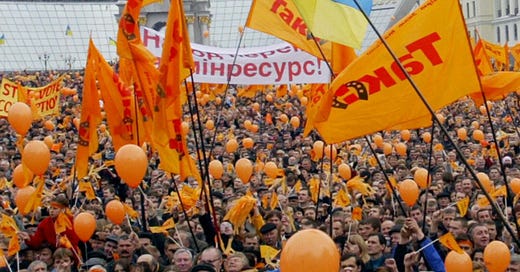




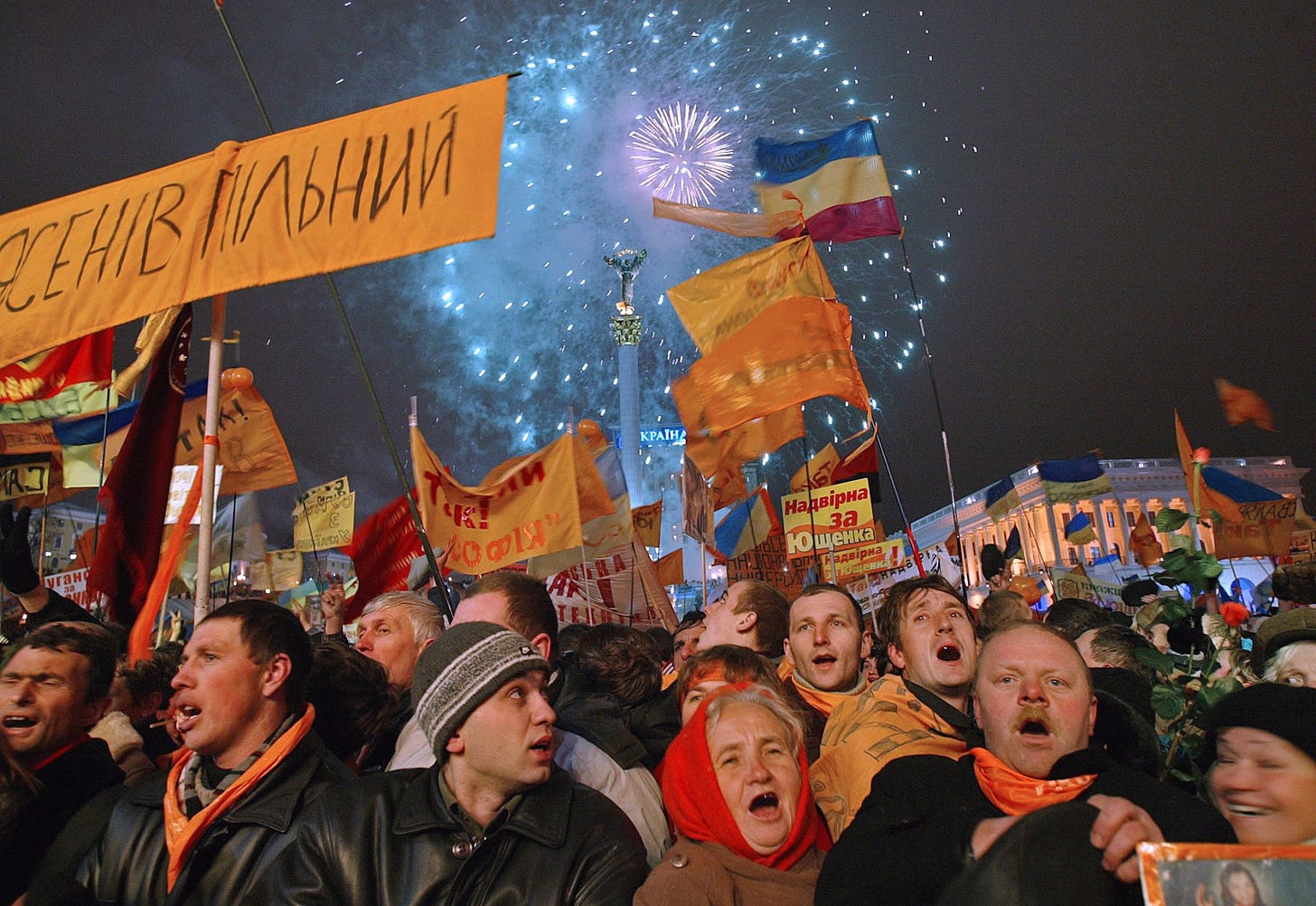
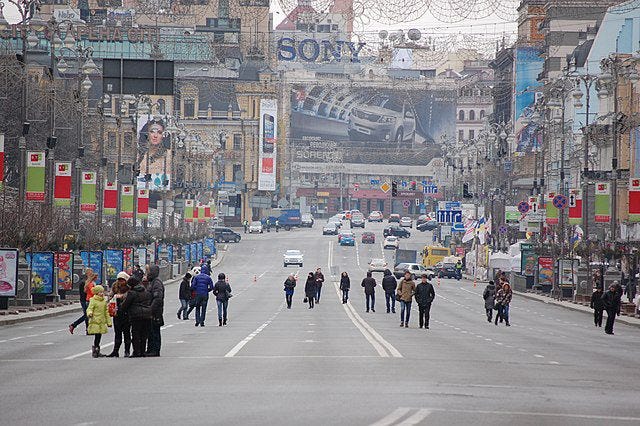
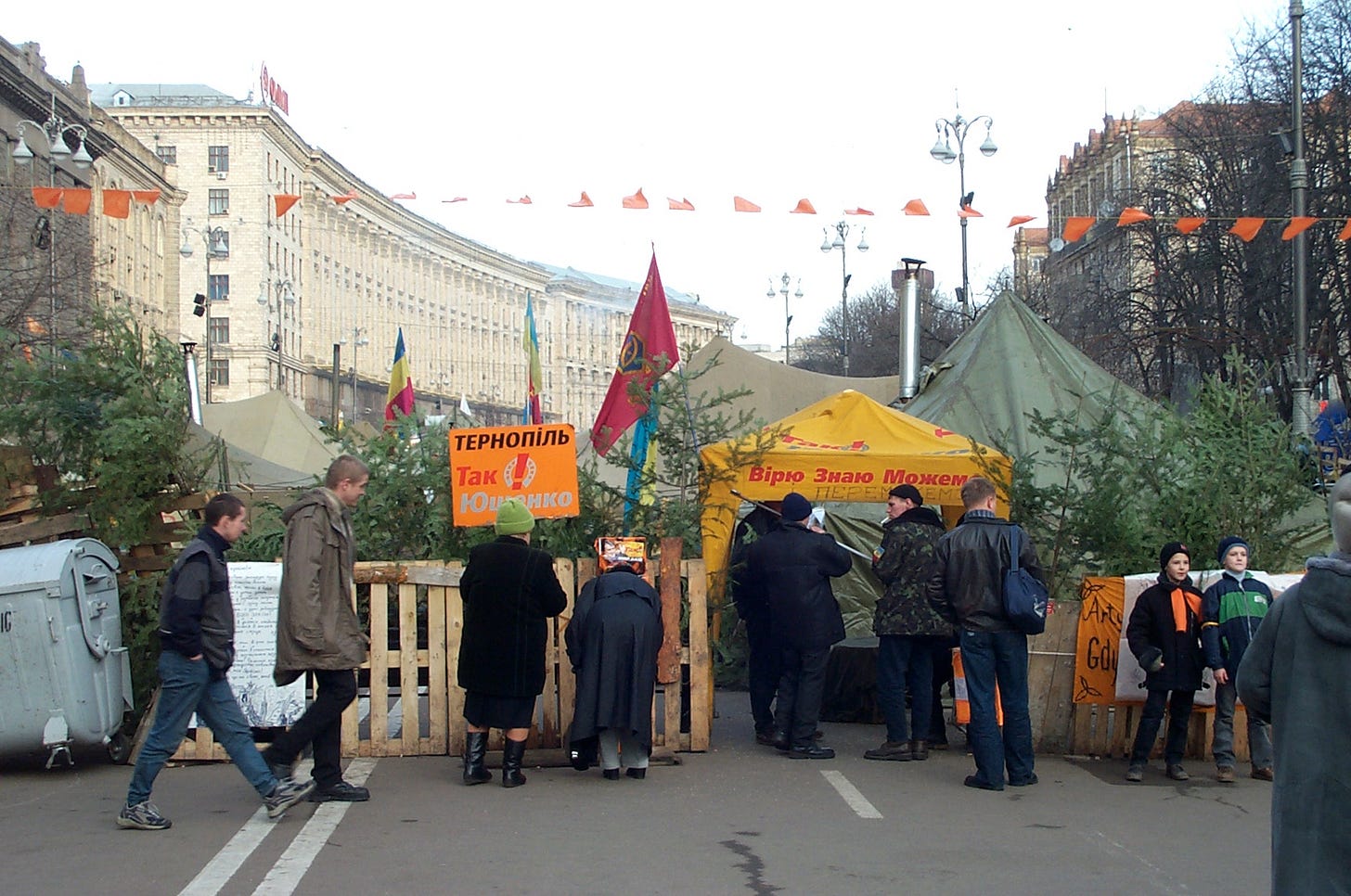
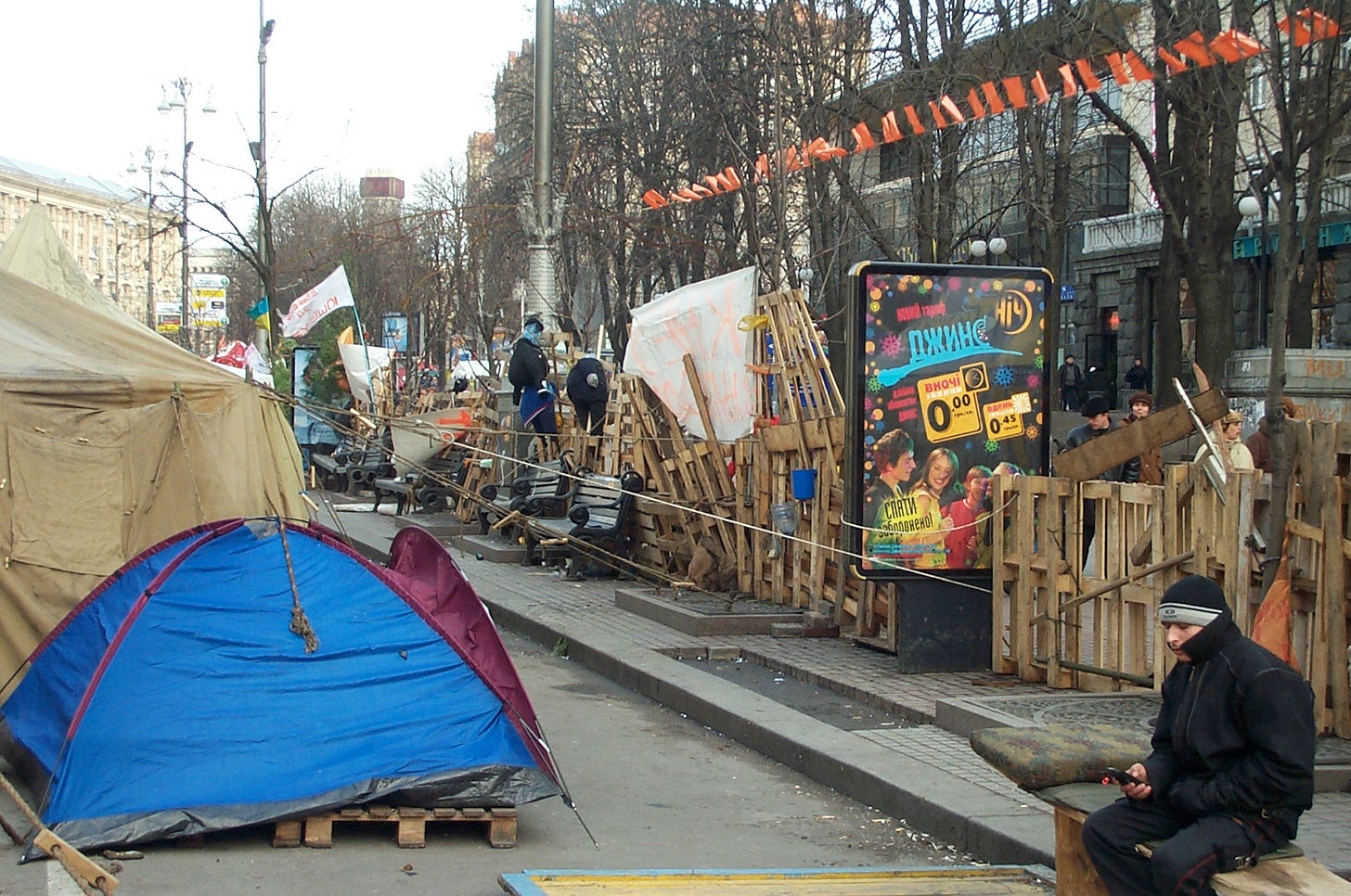

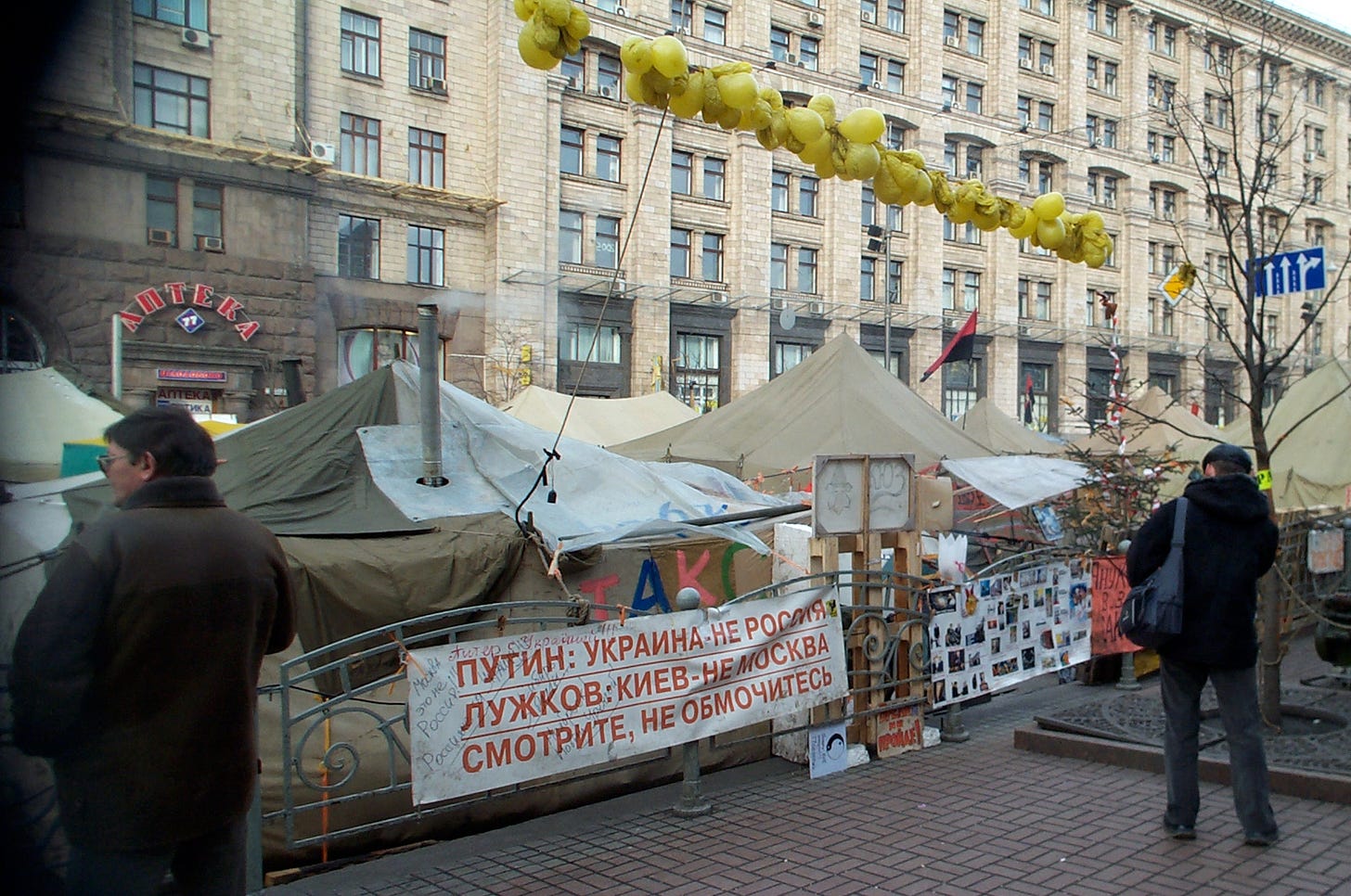

How does your recommendation for decentralized governance differ from this general school of thought? Aren’t they both pointing to something similar?